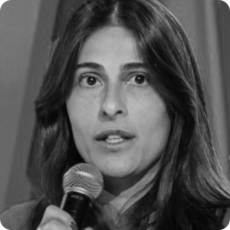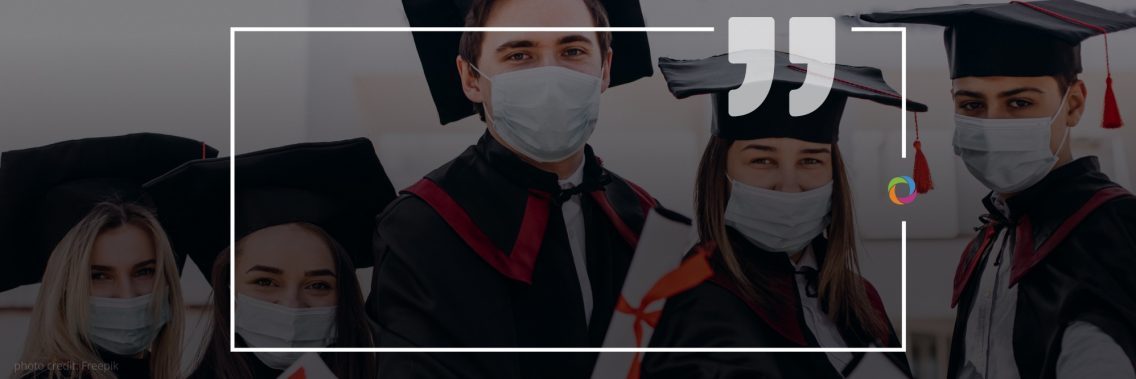“Education is the most powerful weapon you can use to change the world,” said Nelson Mandela. It is also a basic tool with which to achieve a sustainable future. The United Nations General Assembly adopted a resolution proclaiming January 24 as the International Day of Education in celebration of the role that education plays in bringing global peace and sustainable development. The last two years have been extremely challenging for the educational sector due to the COVID-19 pandemic and numerous lockdowns. On the occasion of the celebration of the International Day of Education, we discussed the greatest challenges facing education worldwide with several experts and present their opinions below.
Key takeaways
-
- The January 24th marks the International Day of Education in celebration of the role that education plays in bringing global peace and sustainable.
- The right to education as a universal child right is one of the biggest challenges that the world faces today and often the reasons for the lack of access are related to poverty, discrimination or political repression.
- COVID-19 has made it clear there is no going back to traditional. education with learning breaking free from centralized, nation-based curricula. Traditional public education everywhere may become obsolete.
What is the greatest challenge facing education worldwide and what are the challenges of modern education today?

“The last decades have brought innovation and technologies to levels unknown before, and their impact has changed our lives, forcing us to adapt. Alongside ICT development, our society is exposed to new challenges and opportunities, requiring a new workforce with new knowledge, skills, outlooks, cross-cultural understanding, capabilities to work in multicultural settings, and tech skills for a new digital environment. These factors are even more true for the education sector. Although the education sector faced various challenges before, the most important, the all-time challenge, the universal right – the right to education, during the pandemic was severely exposed to new challenges: the outdated education model, the lack of a skilled workforce, and technical and organizational support, the need to protect the rights of employees, preventing/minimising the risks arising from interaction in the virtual space.”

“Even though the world lives in an era of globalization, technology, and modernization, in many parts of the world the access to education is still restricted. The right to education as a universal child right is one of the biggest challenges that the world faces today and often the reasons for the lack of access are related to the processes of poverty, discrimination, or political repression. When talking about access to education it is important to highlight that this mostly means access to quality education as well.”

“These are not predictions, this is real. The shopping malls have become Amazon and Ali. Money is crypto. Hotels are Airbnbs. Taxis are Lift & Uber. Food is dashed to doors. Arts are NFTs. Marketing is AI. Entertainment is Netflix. Governance equals tracking. Jobs are bids on gig platforms; more and more work is being done remotely from anywhere. The post-pandemic health will be telehealth. That is the modern world that awaits the new graduates.”
On 24 January 2022, we will celebrate the fourth International Day of Education with the theme of “Changing Course, Transforming Education”. What are your comments on this theme?

“The “Changing Course, Transforming Education” theme would try to address all the challenges that the world faces in 2022, focusing on the children, teachers, and community in order to help us to build a better inclusive community on good standing educational fundaments as a process that needs to involve everybody.”

“The new vision of “Changing Course, Transforming Education” might serve as the first step along the long and challenging yet undeniably highly necessary road we have just taken.”
During the pandemic, the education system has undergone major changes. How do you see the future of education? Will traditional methods be able to keep up?

“COVID-19 has made it clear there is no going back to traditional education. In the new era, we might see classrooms coexist as physical spaces and online, and students become the co-creators of their learning processes; teaching/learning tends to become more customized and result-oriented learning.”

“The COVID-19 pandemic took the educational process in another direction and now the participants are fighting with the ‘new normal’. Digitalisation and online learning probably were the fastest solution for staying healthy on the one hand but, on the other hand, this took its toll on the mental health and social life of the participants. Open schools and universities are probably the best way to continue the education process in the future.”

“Only public education remains immune to the changes caused by the digitization of the economy. It sees the pandemic period as an interruption, a storm to be weathered – not as a tectonic disruption, the ending of the old ways that it is. When they awaken from this deep sleep, our education systems will discover a whole new ecosystem for learning, beyond their control. This shadow system is made up of several long-brewing trends: homeschooling, young men opting out of college, platforms with free academic courses and affordable certifications, tech firms employing people without degrees, business teams using micro-learning, Tik-Tok as an online classroom for fidgety youth, etc. Learning is breaking free from centralized, nation-based curricula. Traditional public education everywhere is obsolete.”
Check out more than 230 job opportunities in the education sector here.
The opinions expressed in this article are those of the experts and do not necessarily reflect DevelopmentAid’s position.

